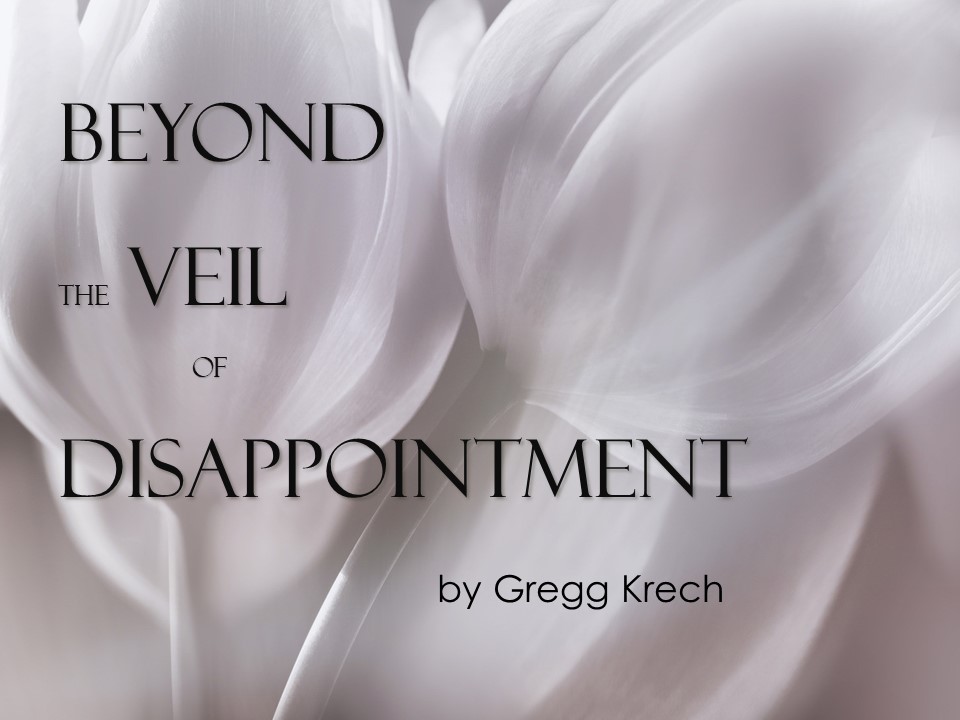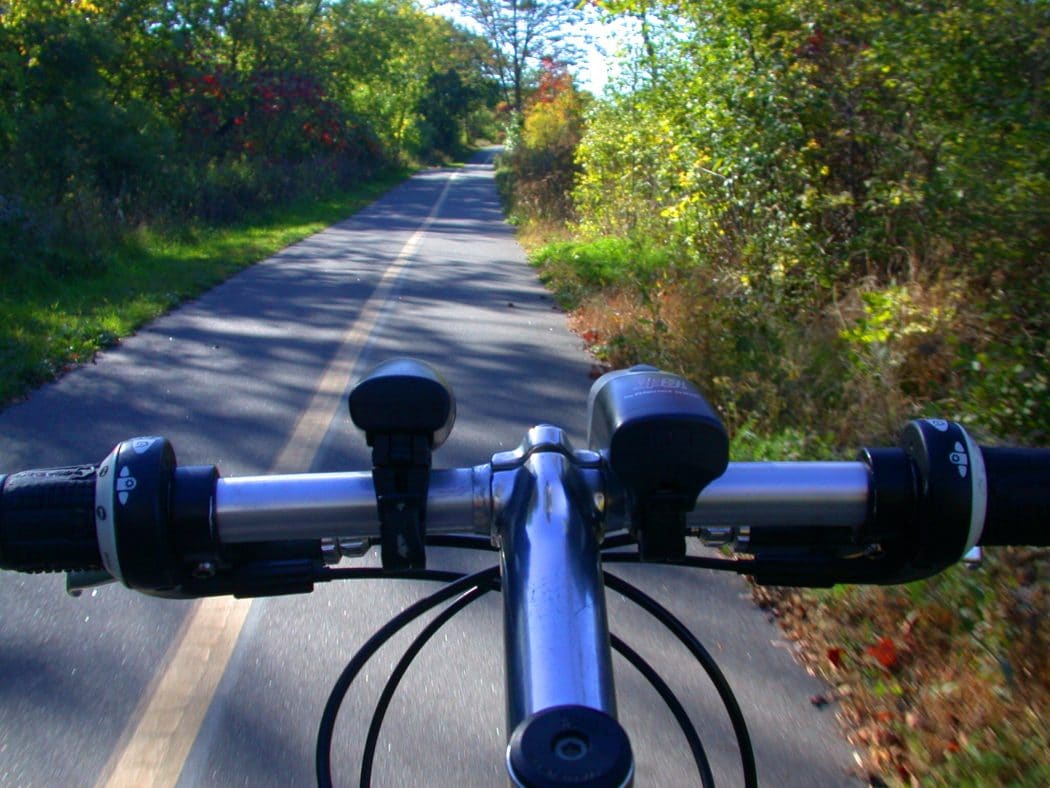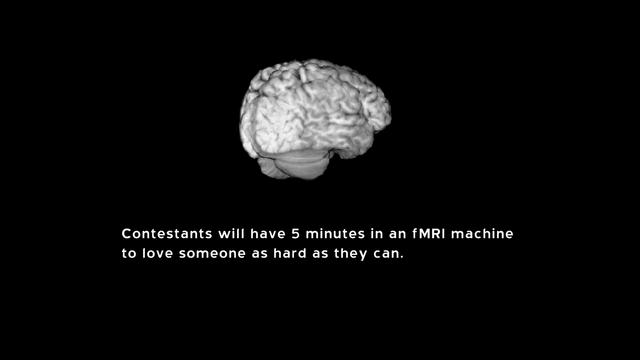In an ideal world, the holiday season would be a universal time of good cheer. But in the real world it can also be a time of loneliness, sadness, anxiety, depression, and family conflict. Here are seven things you can do to make this a better holiday season for you and those around you:
1. De-commercialize your Holidays
Giving gifts can 
So we might benefit from finding other ways to celebrate the season, such as making gifts. Mass produced items have perfection going for them, but home made gifts have one-of-a-kind magic. Look at these three little guys. They say it all. And then there are just seasonal experiences that we can enjoy alone or together – holiday cooking, baking, movies, concerts, music, reading, walking, making decorations, playing games, visiting, sending cards . . . whatever activities revitalize your spirit and are in keeping with the spirit of love and celebration.
2. Keep your sugar intake low
Don’t underestimate the role of two essential holiday villains when it comes to depression, fatigue and irritability — alcohol and sugar. Both are drugs and, according to Kathleen DesMaisons, Ph.D. (author of Potatoes Not Prozac), wreak havoc with your blood sugar system. You might get a quick “lift” from some Christmas cookies with green icing. But it may not be long before you find yourself craving a cup of coffee or a piece of pie just to help you feel a bit more alert. Whatever goes up must come down — and that’s particularly true of your blood sugar. And as your blood sugar levels crash so does your energy level and your spirits.
Psychiatrist William Philpott, M.D. tells of a woman who was hospitalized because she was depressed and suicidal. He did a six-hour glucose tolerance test for hypoglycemia. “One hour after giving her glucose, I checked on her. Her blood sugar was high – 180 – and her mood had drastically changed to euphoria. Two hours later, her blood sugar had dropped to 40, and her mood had dropped right down with it. There she was in the depths of depression again.” When it comes to sugary treats, pick and choose the moments to indulge. Training yourself about what to indulge in and what to skip is like budgeting your money. Only splurge on those treats that are really special to you. And of course alcohol is another troublemaker, when it comes to your mood and state of mind. If you struggle with depression and fatigue during the holidays, you might want to set some clear limits on both holiday treats and champagne refills.
3. Get outside and exercise
Exercise can play an important role in lifting your spirits and fighting off depression; in fact, it can be as effective as medication with fewer side effects. As an extra bonus, you can get some natural sunlight while you’re outside (which also helps to fight depression during winter months). The holidays can be a busy time for many of us, but don’t skimp on exercise. If you can only exercise indoors, then do that. If you can get outside to walk or ski, even better.
4. Bring skill and awareness to family gatherings
Many of us reconnect with family members during the holidays — family members who would do so much better if they would just take our advice about how to fix their lives. Of course they haven’t in the past, but this might just be the time they’re ready to listen to us and see the light. But we might approach our loved ones with acceptance, as an alternative. If we leave our teacher/counselor hat in the closet, we can simply focus on being a loving family member, without giving any advice at all. And if controversial issues arise, and discussions start heating up, let’s do our best to redirect the attention and keep our hearts open.
5. Do something for others – not just your own family
Some of the most memorable and rewarding holiday experiences were when I stepped outside my own needs and problems and did something helpful for others. On several Thanksgivings I served meals at a homeless shelter, and I spent many Christmas mornings helping kids in a Children’s hospital open gifts. In 2003 I spent Christmas day with my about-to-be-adopted daughter in Vietnam. All of these experiences were wonderful for me. They were often the high point of my holidays and helped me get some perspective on my own difficulties and struggles. What could be more in line with the holiday spirit than to help a neighbor, or friend, or even a perfect stranger? If the spirit of the holiday translates into acts of kindness, then the holiday spirit is alive and well and our own spirits will be lifted up in the process.
6. Reflect on your Good Fortune
For many years I have used the holiday season as a time to reflect on my life, particularly my good fortune. I facilitate a 30 day self-reflection program that provides a practice exercise every day and on Thanksgiving or the day before, I make a list of 100 things for which I am most grateful. The list changes each year. And on New Year’s Eve I often forego champagne and parties for some quiet hours of reflection on the past year and consideration of the year to come. Self-reflection helps me shift my attention to the practical ways the world is supporting me so I don’t just take these things for granted and also inspires me to give back in return.
7. Learn to focus on the present
Much of our emotional suffering occurs because our attention either jumps to the future (worries about what will happen) or drifts to the past (sadness about what already happened). If we can develop more skill at keeping our attention present, we are more likely to become fully absorbed in what we are doing in the present moment. We may be helping to cook some squash for dinner, or playing with our nephew in the snow. The present moment is our real life. If we fail to pay attention we are more likely to struggle with psychological problems while our real life passes us by. Awakening our senses helps to cut into the ruminations that can bring us down. Being in the moment can help us to live in the world rather than spin in our minds.
Finally, don’t expect to feel happy, grateful and joyful throughout the holidays. It’s not natural. What is natural is the ebb and flow of feelings from one moment to the next. When those inevitable moments of depression, fatigue or anxiety present themselves, don’t let them derail you. Just take them along on your walk or let them accompany you while you do whatever you need to do. They’ll move on, just as sure as winter will turn into spring.
Tags: depression gratitude mental health Mental Wellness Mindfulness














Comments are closed.
Thanks Gregg. I think we all underestimate the impact that too much sugary stuff can have on our ever changing moods – particularly during the holidays!